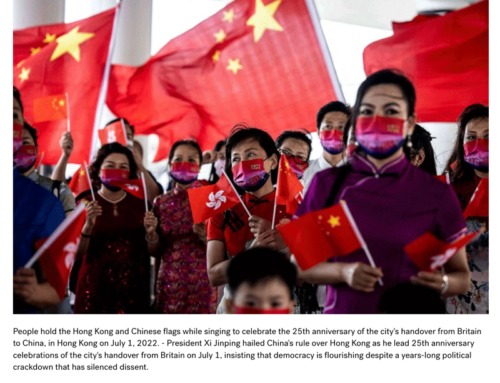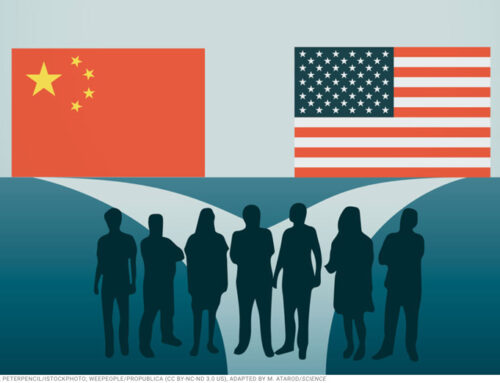September 22, 2019 | Asia Pacific Foundation of Canada
David Zweig is the Director, Center on China’s Transnational Relations and Chair Professor, Division of Social Science, at the Hong Kong University of Science and Technology
Under “one country, two systems,” the legal framework under Hong Kong’s mini-constitution, called the Basic Law, for managing Hong Kong’s reversion to Chinese sovereignty, the city was to maintain “a high level of autonomy” and its own institutions for 50 years. However, during that period, Hong Kong’s political system was expected to evolve.
One key change was the introduction of “universal suffrage,” whereby all Hong Kong residents would have the right to vote for both Hong Kong’s Chief Executive (CE), the city’s top politician, and its Legislative Council (Legco). But according to the Basic Law, only candidates who gained support of an undetermined number of members of a Nomination Committee were to be allowed to run.
On August 31, 2014, the Standing Committee of the National People’s Congress, China’s official body that legislates Hong Kong affairs, while affirming the introduction of universal suffrage, stipulated that all candidates for the post of CE must garner the support of 50 per cent of the members of the Nomination Committee. As 80 per cent of the members of this committee are pro-government and pro-Beijing, that threshold insured that no one from the Pan-democratic camp, Hong Kong’s main pro-democratic political bloc, could run for CE unless Beijing approved of them.
So on June 16, 2015, three months ago, the pan-Democratic members of Legco voted down the Beijing-proposed political reform package that was to have taken effect in 2017. Some Pan-Democrats who might have taken the deal feared the wrath of the student activists who had occupied Central, while others believe that leaders in Beijing will put forward a better proposal for the CE election in 2022.
But before Beijing can do so, it must set aside its belief that recent political activism in Hong Kong is due largely to foreign instigation, particularly from the United States and Great Britain. In fact, China’s leaders feel that many of its neighbours, as well as forces on China’s internal periphery, are stepping up their challenge to China’s sovereignty and national security, emboldened by the belief that the U.S., with its “rebalancing” and renewed commitment to East Asia, will back them. China views not only the situation in Hong Kong in this light, but also its confrontation with Vietnam and the Philippines over the South China Sea.[…] Click here to read the full article online






Leave A Comment